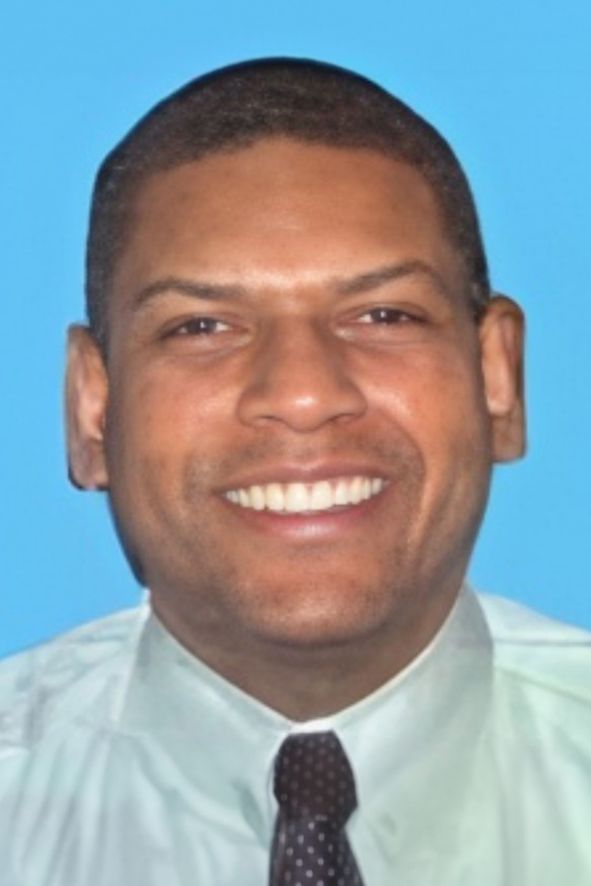

Overview of WEEE Directive:
The Waste Electrical and Electronic Equipment (WEEE) Directive regulates the disposal and recycling of electronic waste in the EU, requiring producers to finance the collection, treatment, and recycling of e-waste to reduce environmental impact.
What are WEEE compliance schemes:
WEEE compliance schemes also known as Producer Responsibility Organizations (PROs), help businesses meet legal obligations for electronic waste collection and recycling, ensuring proper disposal and environmental compliance.
Who needs WEEE compliance ?
Obligations under WEEE regulations generally apply to:
- Manufacturers
- Importers and Distributors
- Retailers and Distant Sellers
WEEE compliance responsibilities differ across countries, making it critical for companies to understand and adapt to the specific requirements of each country in which they operate.
Overview of RLG’s WEEE Compliance Service
In-depth Obligation Assessment
Registration with PRO/ Compliance Schemes
Data Collection and Validation
Report Submissions by Country
Ongoing Regulatory Support
A WEEE compliance consultants you can trust
Compliance made Simple
Full transparency
Regulatory know how
Global Expertise and solutions
Additional WEEE Compliance Services
Horizon Scanning - Regulatory changes
RLG Auto Fill
Are you interested in our service for WEEE Compliance? Contact us now
FAQ's - WEEE Compliance
WEEE compliance refers to adhering to the regulations under the EU WEEE Directive (Waste Electrical and Electronic Equipment), which govern the collection, treatment, recycling, and recovery of electronic waste (WEEE). At RLG, our WEEE compliance service covers obligation assessments (also called EPR assessments), compliance scheme registrations, data collection/validation, and ongoing regulatory support.
Your business is required to comply with WEEE regulations if you produce , import, distribute or sell electrical or electronic equipment (EEE) into the market, including via distance selling or online marketplaces. This applies to both business-to-consumer (B2C) and business-to-business (B2B) products, depending on national legislations.
The scope of WEEE covers electrical and electronic equipment (EEE) supplied to the market which uses electrical current or batteries. Categories include large and small household appliances, IT/telecoms equipment, consumer equipment, lighting equipment and Electrical and electronic tools. If your product uses power or has an electrical function, it’s worth checking whether it falls under the WEEE regulations.
At RLG, product categorization is part of our ECM management service, helping businesses identify which of their products are subject to WEEE compliance and ensuring they meet all regulatory requirements.
Significant obligations typically include:
- Registering as a producer or joining a compliance scheme in each country where your products are placed on the market.
- Financing or arranging for the collection, treatment and recycling of WEEE.
- Reporting data on EEE placed on the market and WEEE collected or recycled.
- Ensuring proper product labelling/marking (e.g., crossed-out wheelie bin symbol) and participation in take-back systems where applicable.
RLG’s service covers registration with compliance schemes, data collection, validation and reporting by country, and ongoing support to help you meet all EPR obligations efficiently.
Compliance helps your company avoid regulatory penalties (fines, bans), protects and improves brand reputation, and promotes environmental sustainability by supporting resource recovery and reducing hazardous waste. The EU WEEE Directive aims to prevent the creation of WEEE and encourage reuse, recycling and other forms of recovery of such waste.
RLG emphasizes that every country has its own uniquely complex environmental legislation, which makes compliance challenging and often costly without expert guidance.
Failure to comply can expose your business to significant risks, including regulatory enforcement such as fines or restrictions on placing products on the market, reputational damage, legal liability, and increased costs associated with retroactive compliance. Partnering with a specialist compliance service provider, such as RLG, can reduce these risks through full transparency, regulatory expertise, and global experience.
RLG offers:
- In-depth obligation assessment across countries.
- Registration with producer responsibility organizations (PROs)/compliance schemes.
- Data collection and validation (what you put on market, what is collected/recycled).
- Report submissions to PROs and authorities (where applicable) by country.
- Ongoing regulatory support.
- Additional services such as horizon scanning of regulatory changes and specialist IT/data tools (RLG Auto Fill).
Yes. Although the WEEE Directive provides an EU-wide framework, each member state (and other countries) has its own national implementation, registration and reporting systems. If you operate cross-border or online, you may need an authorized representative in each country where you sell if you don’t have a legal entity there. RLG’s global coverage supports compliance in Europe, the Americas, Asia, and beyond.
Typically:
- Identify the products you place on the market (EEE) and whether they fall under the WEEE scope.
- Determine your role (producer/importer/distributor/retailer) and obligations by country.
- Register with the national authority as a WEEE producer and join a PRO/compliance scheme if required or applicable.
- Collect data on volumes placed on the market, forecast waste, and arrange take-back/recycling where required.
- Submit required reports, pay fees, and maintain records.
Yes. While the WEEE Directive originates in the EU, many non-EU countries have equivalent e-waste and laws on extended producer responsibility. As the global regulatory landscape in extended producer responsibility expands, RLG strives to provide international expertise along with specialist compliance services to help your business navigate these obligations effectively
RLG’s WEEE Compliance Service
Today, every country has its own uniquely complex environmental legislation, and the global requirements of Environmental Producer Responsibility (EPR) are increasing. This makes compliance challenging and often costly. At RLG, we leverage our global market knowledge, extensive reach, and specialist services to simplify compliance. Whether you require comprehensive end-to-end support or assistance with individual elements, we’re ready to help.

